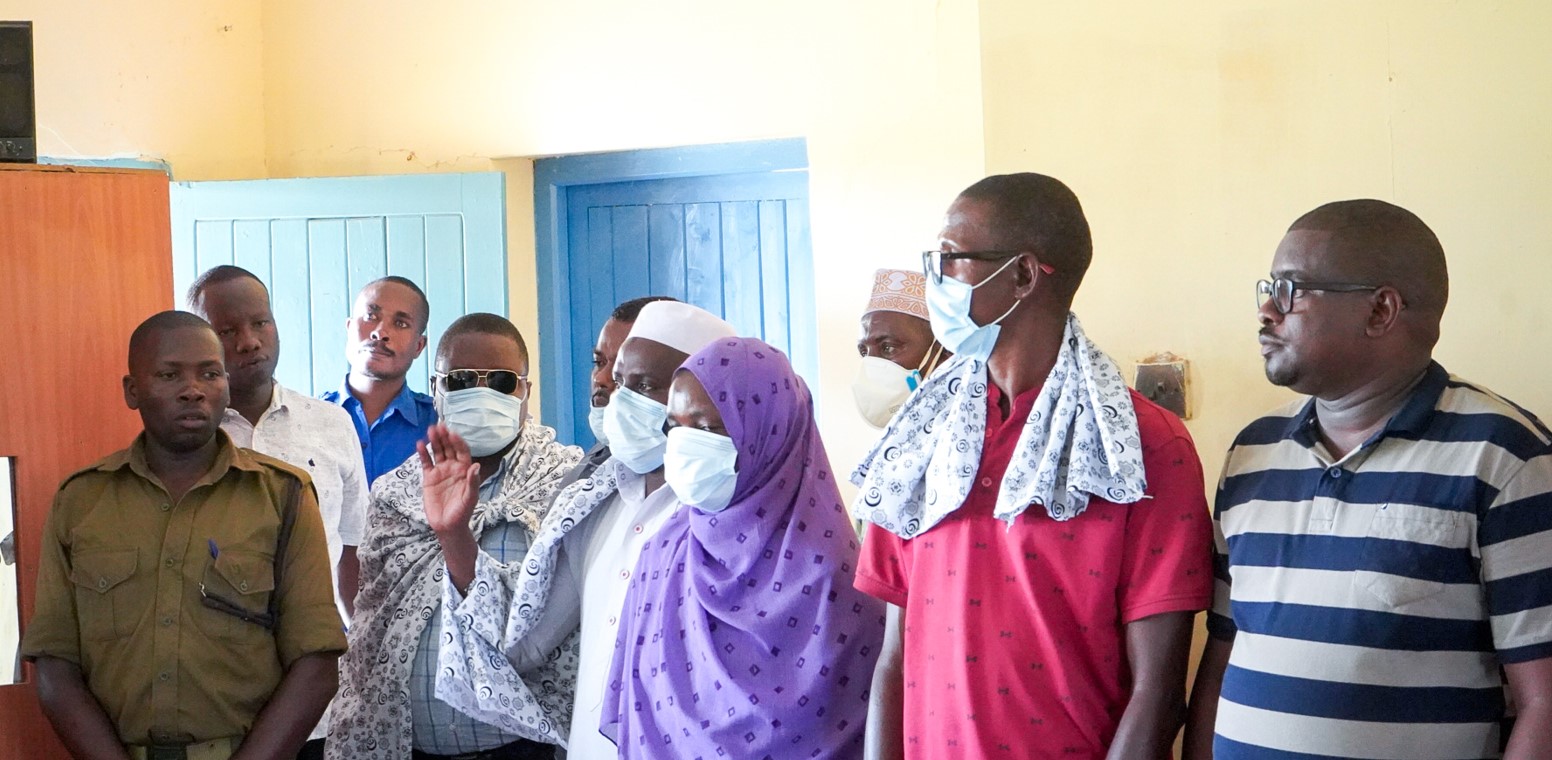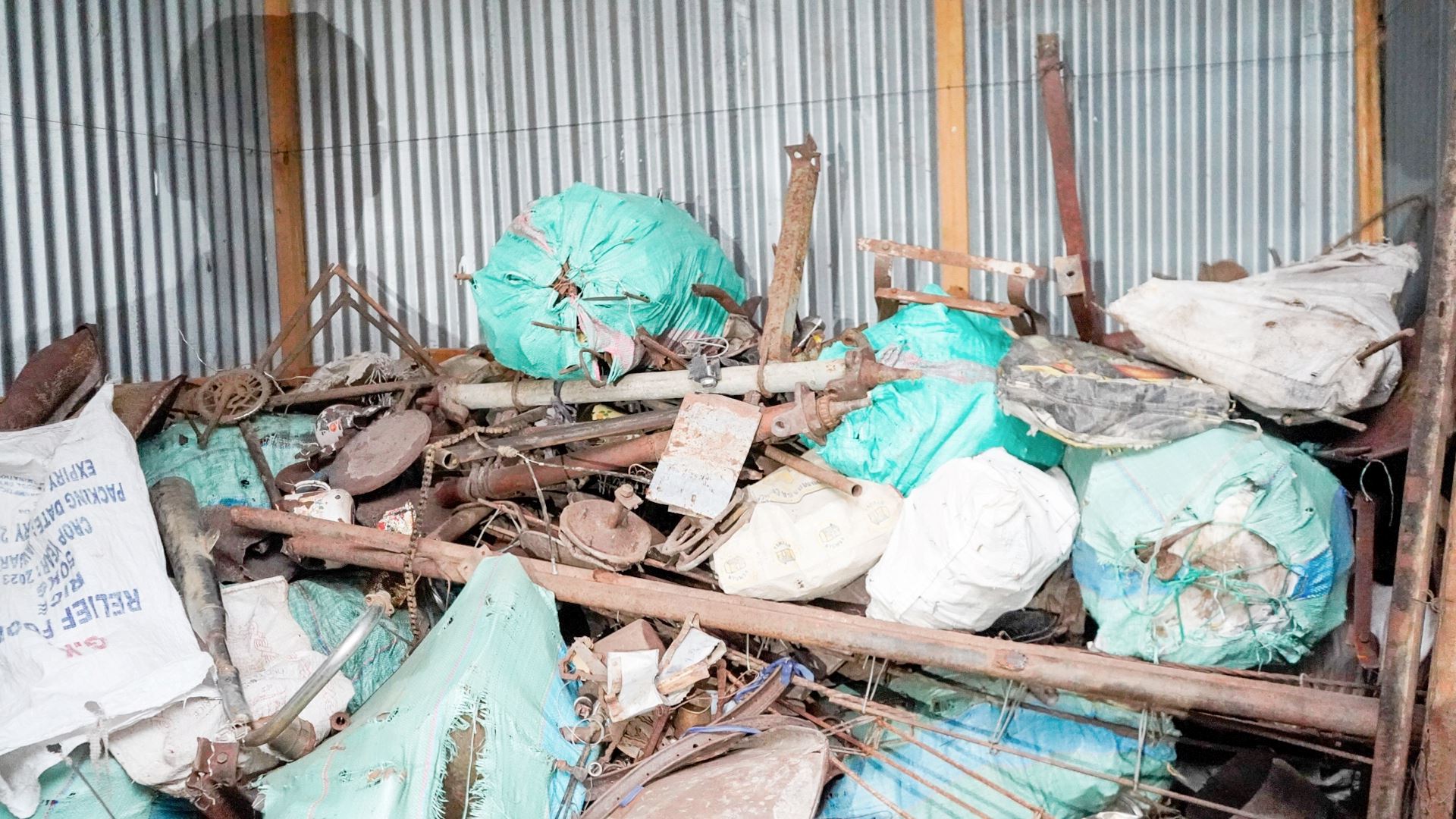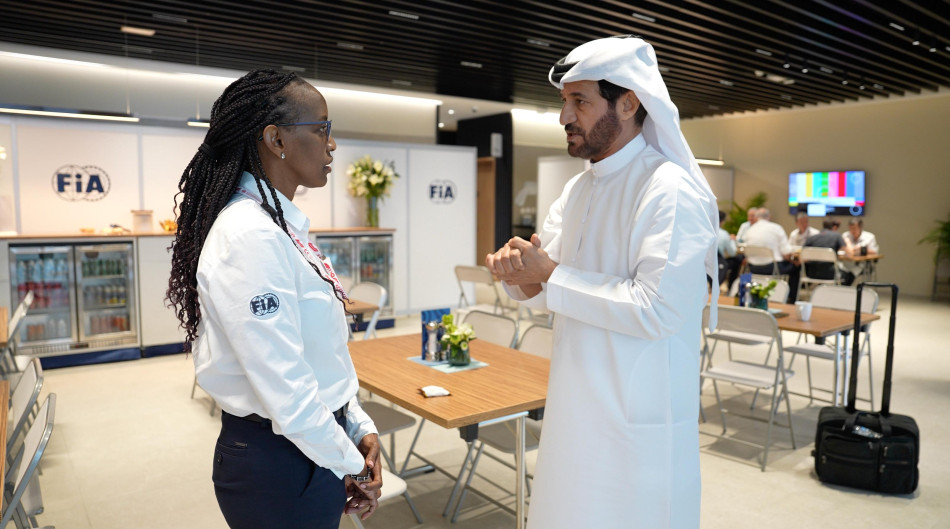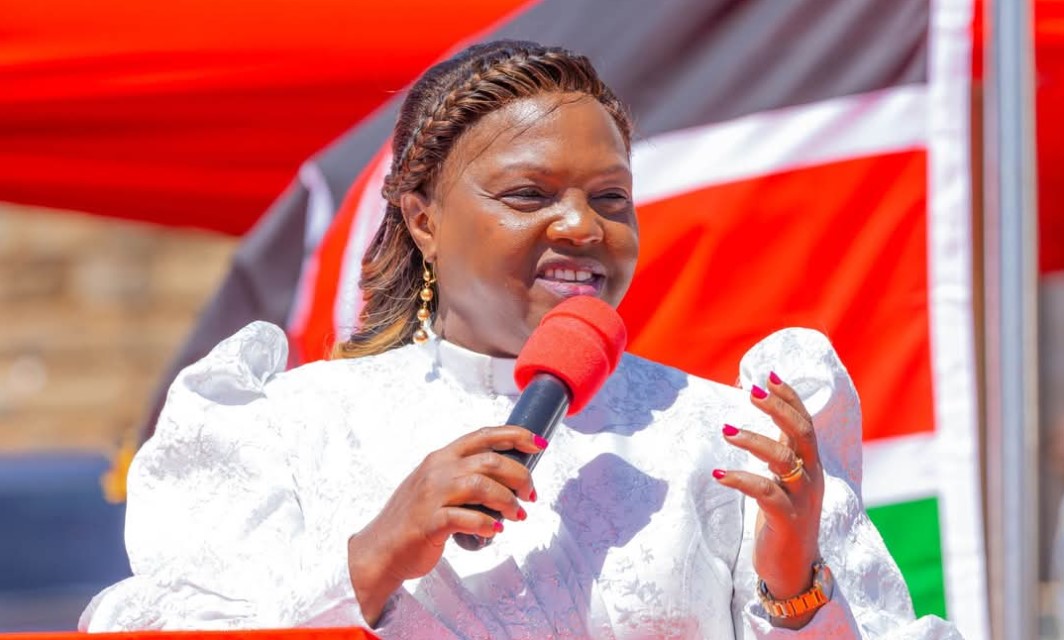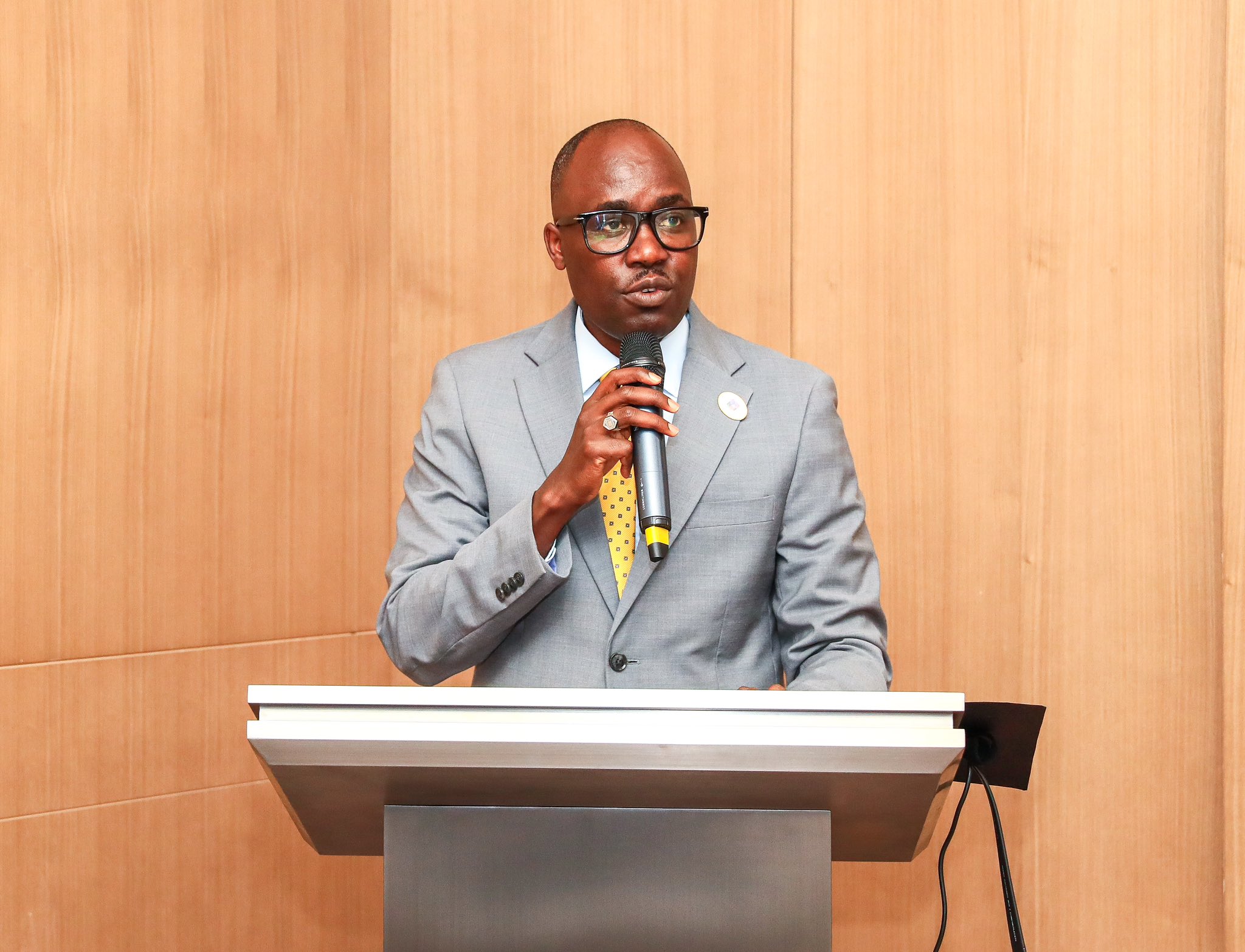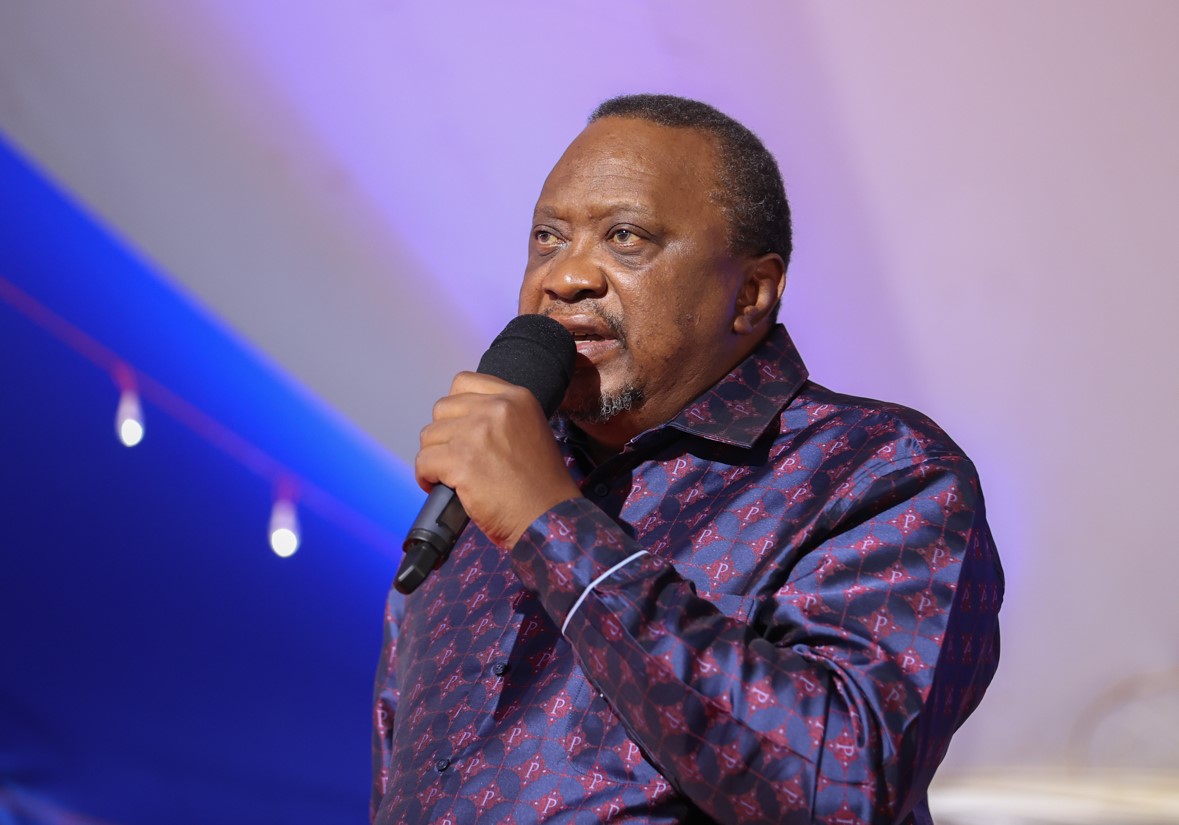Court declines to stop Gachagua's impeachment, outlines grounds for the exercise
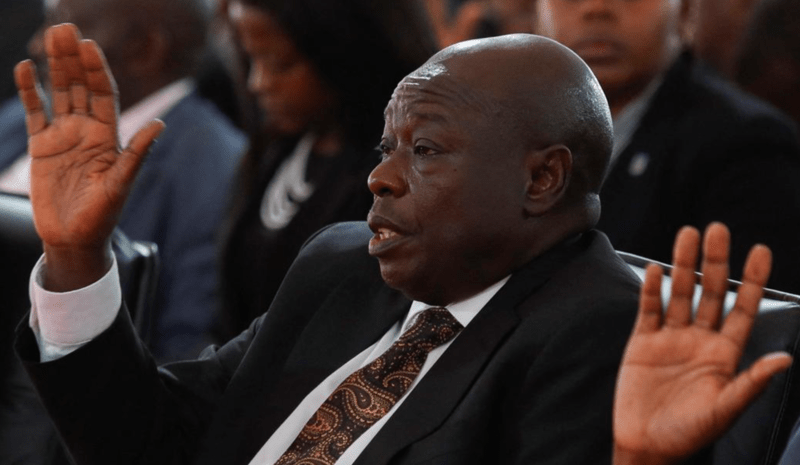
But Justice Mwongo declined to grant conservatory orders to stop the notice of motion to debate the impeachment of the DP.
The high court has ordered the National Assembly, the Senate and their respective Speakers' to ensure that public participation on the impeachment of embattled deputy president Rigathi Gachagua be escalated to the constituency level.
Justice Richard Mwongo directed that each Member of Parliament must facilitate this exercise at the constituency level and afford citizens suitable modes to participate and offer their representations.
More To Read
- Gachagua allies demand probe into Limuru chaos, accuse police of abducting ex-MP Mwathi
- Gachagua criticises high taxation, urges President Ruto to rethink housing program
- The five charges that felled Gachagua after 766 days as deputy president
- Senator Cheruiyot wants NCIC boss out over inaction on Gachagua's remarks
Activist Jane Maina had sued the National Assembly, Senate and three others to stop the motion to impeach Gachagua for failure to undertake public participation before the exercise.
But Justice Mwongo declined to grant conservatory orders to stop the notice of motion to debate the impeachment of the DP.
The judge outlined requirements of public participation in all aspects of governance including the responsibility of duty bearers to ensure and facilitate the exercise.
"The lack of a prescribed legal framework for public participation is no excuse for not conducting public participation, the onus is on the public entity to give effect to this constitutional principle using reasonable means," stated Justice Mwongo.
"Public participation must be real, not illusory. It is not a cosmetic or public relations act. It is not a mere formality to be undertaken as a matter of course just to fulfil a constitutional requirement. There is a need for quantitative and qualitative components in public participation."
But he said that it must be preceded by a reasonable notice and opportunity.
The judge explained that public participation is not necessarily a process of oral hearings stating that written submissions can also be made.
"The fact that someone was not heard is not enough to annul the (public participation) process," the judge said.
"Allegation of lack of public participation does not automatically invalidate the process. The allegations must be considered within the peculiar circumstances of each case- the mode, degree, scope, and extent of public participation is to be determined on a case-to-case basis."
Justice Mwongo further elaborated the components of meaningful public participation including opportunity for balanced influence from the public in general, commitment to the process and inclusive and effective representation.
Other components are integrity and transparency of the process and the capacity to engage on the part of the public including that the public must be first sensitised on the subject matter.
The parties in the case shall appear before the Judge on October 11 for further directions.
Top Stories Today

